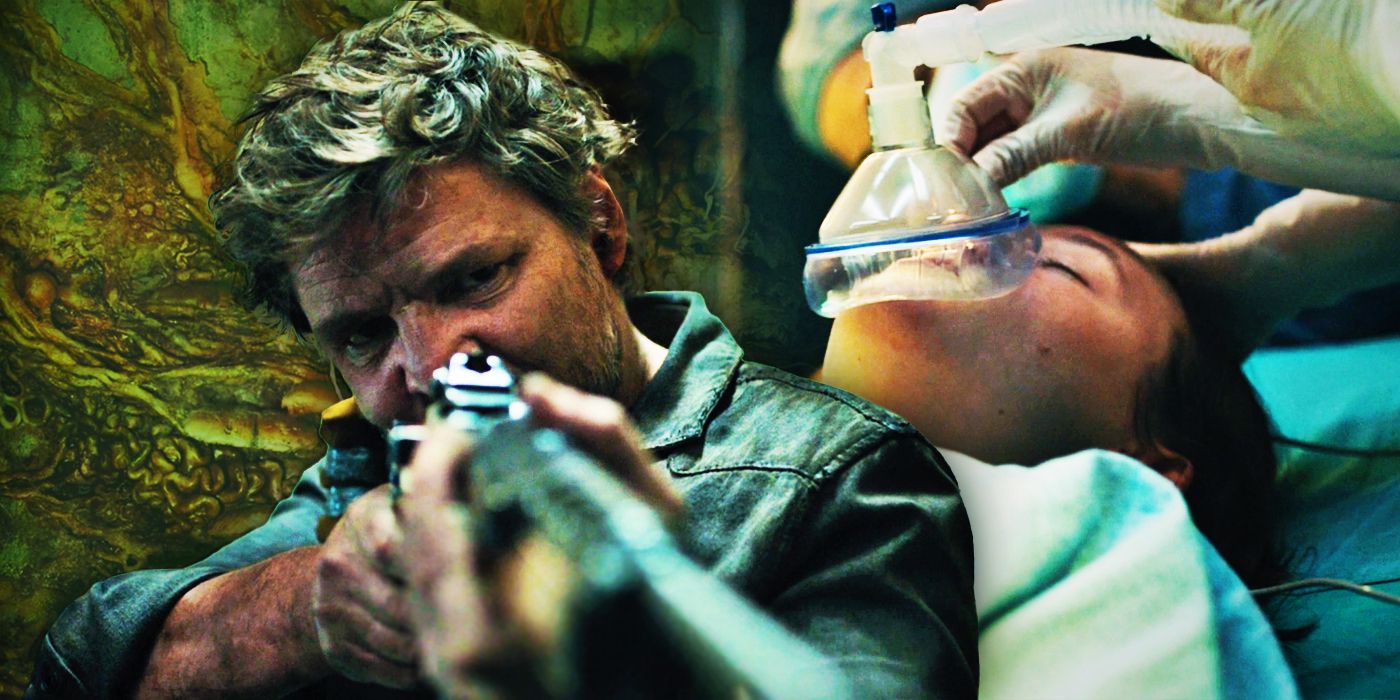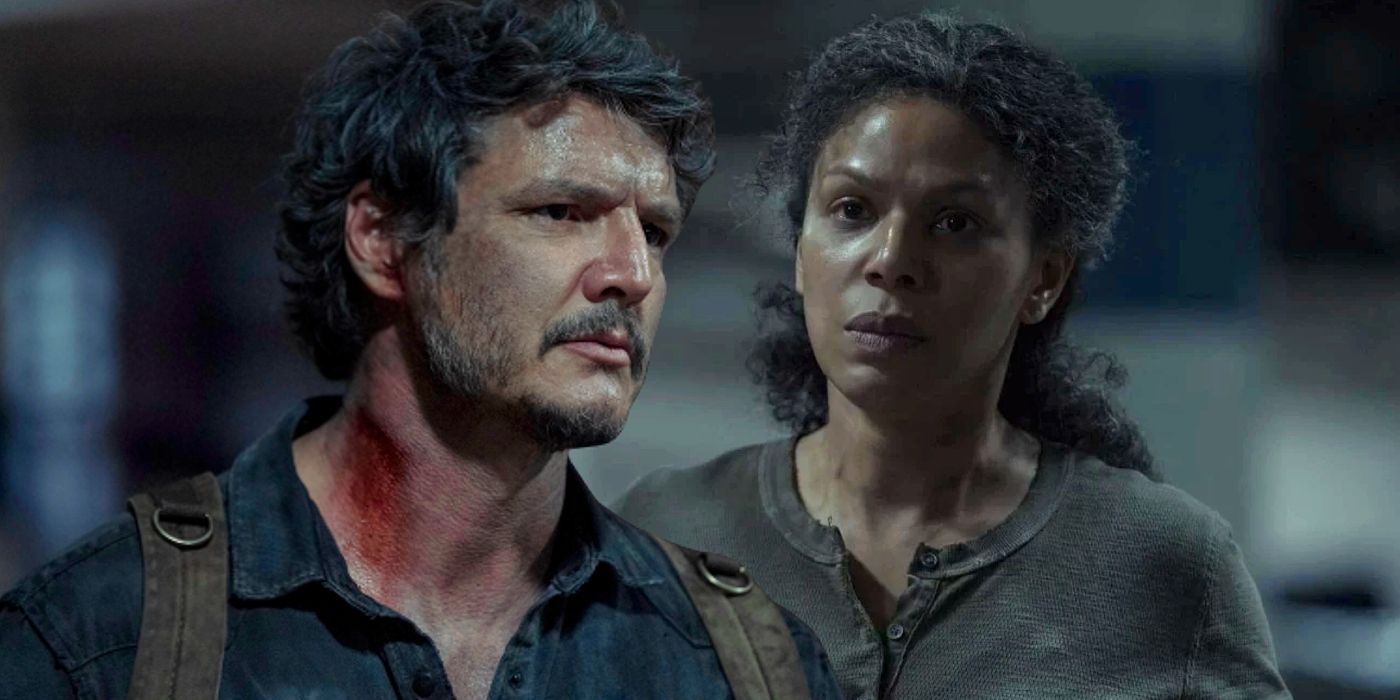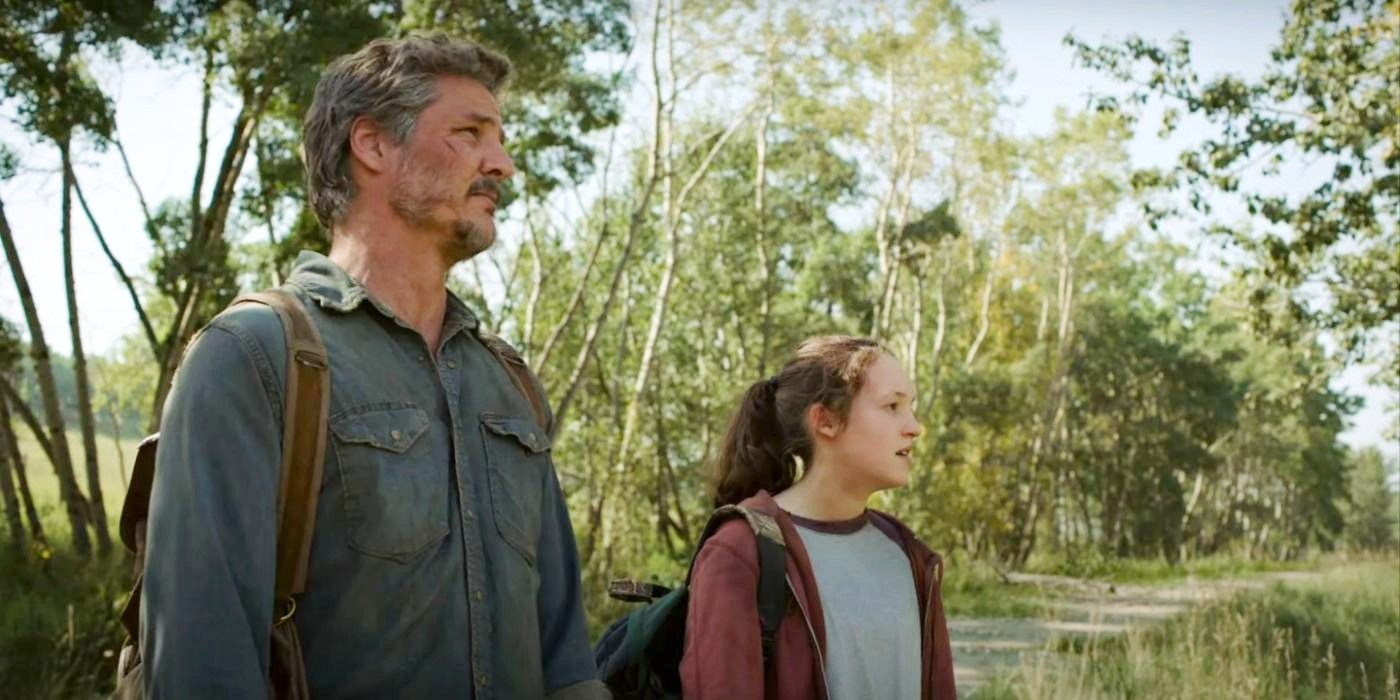WARNING! This article contains SPOILERS for HBO's The Last of Us.
Joel's decision in The Last of Us' closing scene may seem morally questionable but is relatively more justified when compared with one detail in the original game. After Ellie's disturbing encounter in The Last of Us episode 8, the video game adaptation lightens its drama in episode 9 by depicting how Joel and Ellie break walls and open up to one another. The episode highlights that Ellie is not the same anymore after recent events, but Joel tries his best to cheer her up and even promises to teach her to play the guitar. All seems well until the Fireflies catch them in Salt Lake City and knock Joel out.
When Joel wakes up moments later, he faces a moral conundrum when Marlene tells him that Ellie's immunity may be the key to saving humanity from the Fungi Cordyceps infection, but finding the cure could kill Ellie. To prevent history from repeating itself, Joel goes on a killing rampage to save Ellie. In a final interaction with Marlene and later with Ellie in The Last of Us' climax, Joel faces the same moral dilemma, confronting whether he made the right call. Even in the game, his internal conflicts are no different, but the show makes one change to justify his actions.
Ellie's Finale Change Makes The Fireflies Seem More Evil
In the original Last of Us video game, Ellie nearly drowns to death, and Joel attempts to resuscitate her before the Fireflies find them. This indicates that Ellie and Joel are unconscious before the Fireflies take them to the hospital in the game. HBO's The Last of Us portrays something similar, with the only difference being that Ellie is conscious while being taken to the hospital by the Fireflies. While this difference seems trivial, it perfectly highlights how the Fireflies had better moral conduct in the video game.
Since Ellie was already unconscious when the Fireflies took her to the hospital, The Last of Us game's Fireflies never got the opportunity to ask her for consent. Although she likely would have agreed anyway, Ellie's unconsciousness gave them a viable excuse to operate on her without considering her opinion. In HBO's The Last of Us, however, the Fireflies have no ethical reasons favoring their decision to kill Ellie without asking her. Again, she would have probably agreed, but it establishes how the show's Fireflies are more evil than their game counterparts because they blatantly dismiss an individual's life and personal autonomy in the hope of finding a cure.
It's Good The Last Of Us Made Joel's Finale Decision More Questionable
Although The Last of Us' finale makes the Fireflies more selfish and justifies Joel's decision to some degree, it does not necessarily put Joel on moral high ground. The fact that Joel lies to Ellie about the whole incident makes his decision even more questionable as he, too, rescues her without ever considering what she wants. This is good for The Last of Us' future, though, since it allows viewers to become more emotionally invested in Joel and Ellie's complex dynamic and leaves room for potential discussions surrounding how Joel will confront this new conflict that could threaten their relationship in the future.
Since Joel's decision to lie is also in tandem with his narrative in The Last of Us game, it sets the stage for another poignant moment from the video game that highlights how Joel is not a traditional hero or antagonist. In The Last of Us' corrupt post-apocalyptic world, he is just another flawed character whose sense of judgment is, at times, driven by his grieving heart. The Last of Us' decision to make Joel's lie questionable also establishes that neither Joel nor the Fireflies are black-and-white characters, which adds more depth to their narratives and makes the show's world-building more realistic and relatable like its video game counterpart.



